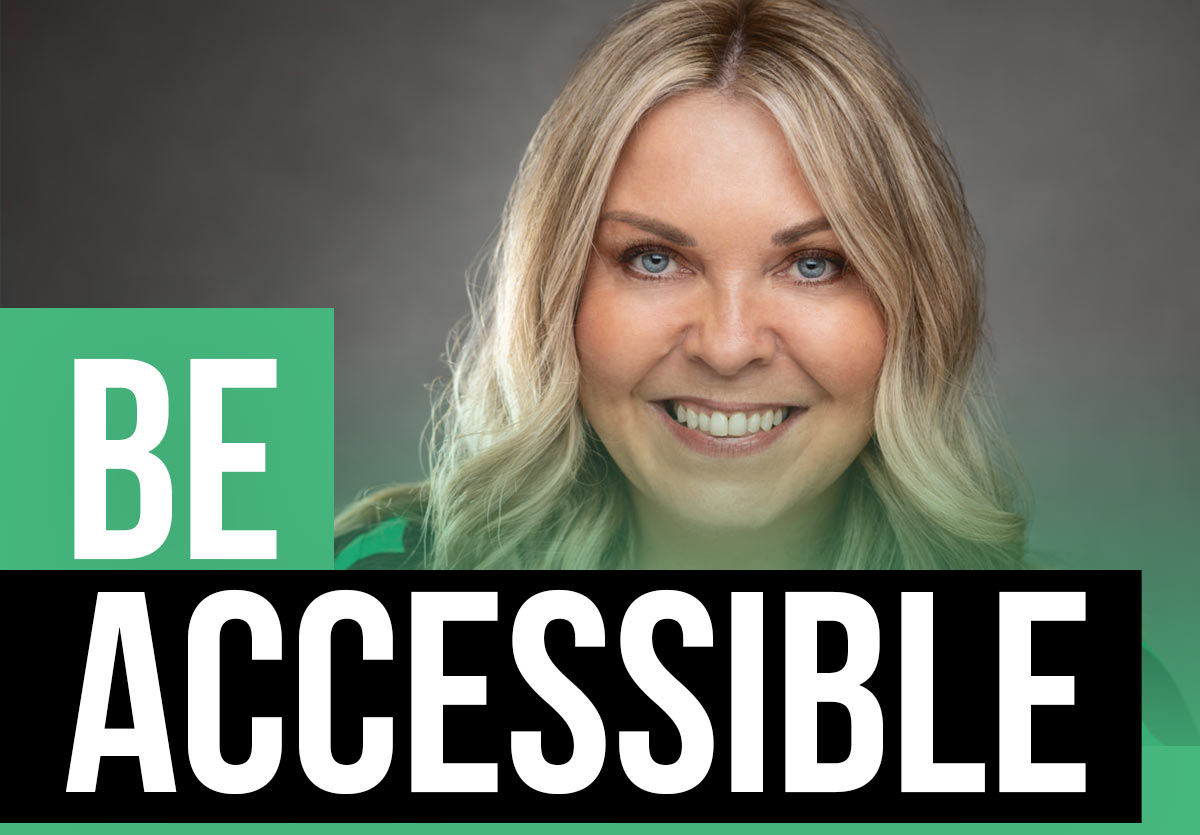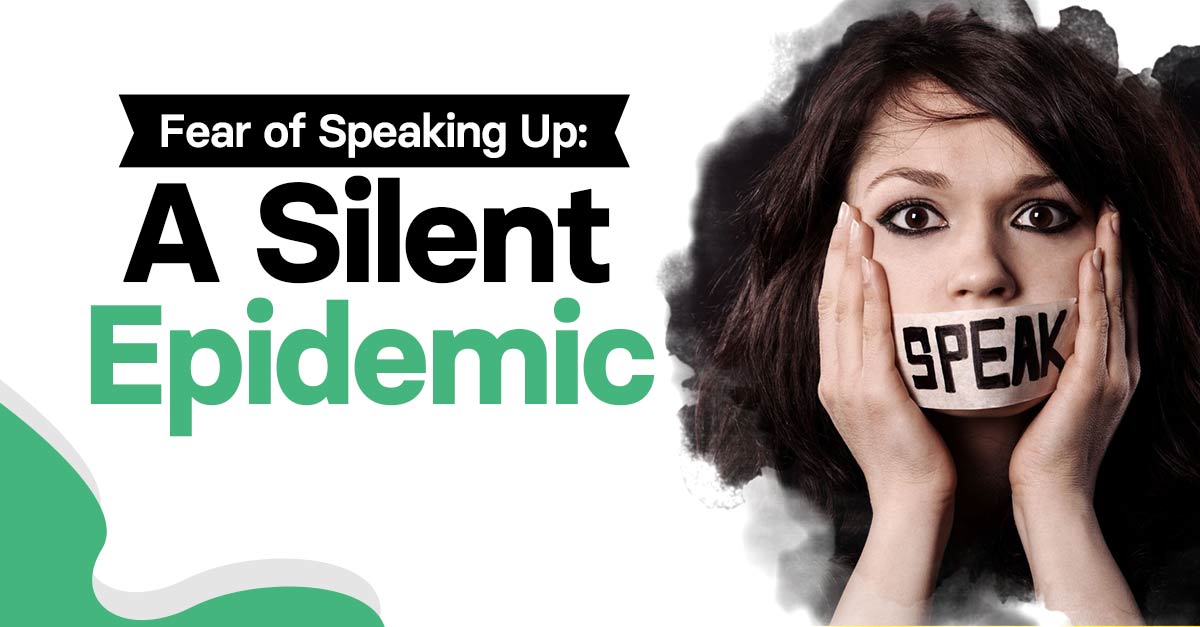In everyday conversations, we often come across people who use big, complicated words or jargon to sound smart or important. But have you ever noticed how this can actually make others feel left out or confused?
In this article, we’ll explore why some folks use complex words, how it relates to their ego, and why keeping things simple can be a better way to communicate.
I knew a lovely man in my corporate days who would use words that would leave me with my brow crossed.
I had no idea what he was talking about most of the time. And I am far from stupid.
I spent a few years feeling like Bridget Jones and would stumble over my own words whenever he was around.
Eventually I found the confidence to ask him what he meant, and in the end I would ask him to use less fancy words.
The Power of Words
Words are how we express ourselves and connect with others. They can bring people together or push them apart. Sometimes, using big words might seem impressive, but it can have unintended consequences, making somebody feel small or uncomfortable.
It’s particularly important we realise this is coaching, and that we meet people where they are when it comes to language.
Ego and Big Words
At the heart of this issue is something called “ego.” Ego is all about how we see ourselves and how we want others to see us. When someone’s ego is fragile, they may use fancy words to make themselves feel more important.
Ironically, when people use complicated words, it often has the opposite effect. Instead of impressing others, they can make them feel left out or like they don’t understand. It’s like speaking a different language that only a few people can understand.
A study by Oppenheimer in 2006 showed that using overly complicated words can actually make people think you’re not as smart as you’re trying to appear. It can hurt your credibility rather than boost it. That’s interesting isn’t it?
On the other hand, simplifying your language can be a powerful tool for effective communication. It means explaining things in a clear and straightforward way. When you do this, people are more likely to understand and appreciate what you’re saying.
Simplifying doesn’t mean making things dumb; it means breaking down complicated ideas into easy-to-understand parts. It’s about making sure everyone can follow along, even if they’re not experts in the topic.
But being simple in a world that often values complexity can be tough. Some might worry that if they keep it simple, others will think they’re not smart. This fear can hold people back from embracing the power of simplicity.
The key to effective communication is finding the right balance between complex and simple language. Sometimes, using complex words is necessary, like in specialised fields. In this instance, avoiding acronyms and jargon as much as possible is key.
Other times, keeping it simple is the best choice, especially in everyday conversations.
In our daily interactions, the use of big, fancy words might seem like a way to impress others. However, it can often lead to confusion and make people feel left out. The simplicity in communication can promote understanding and connection.
True intelligence isn’t about showing off with complex words. It’s about being able to express ideas clearly and connect with others. So, while big words might sound impressive, it’s the power of straightforward communication that truly brings people together.







